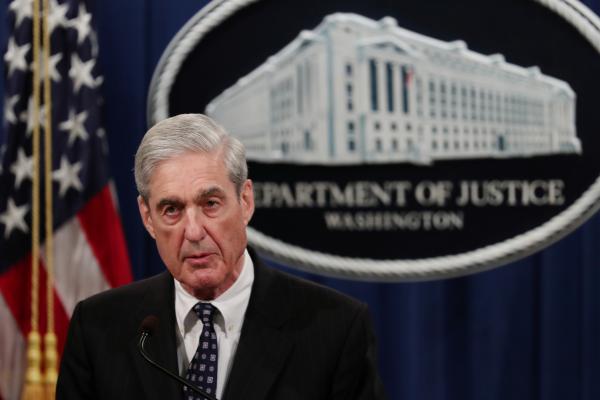May 31, 2019
The “I” word, which Donald Trump calls it, is, of course, “impeachment” — the constitutional process of charging and, then in the Senate, convicting, a president for abusing the public trust and committing wrongdoing. The Constitution says that a president “shall be removed from Office on Impeachment for, and Conviction of, Treason, Bribery, or other high Crimes and Misdemeanors.” That is what is politically required — as the specifics for impeachment are ultimately politically decided. The other key word here is “crimes,” and who has the authority to conclude that they have been done by a president.
Read the Full Article

Already a subscriber? Login
